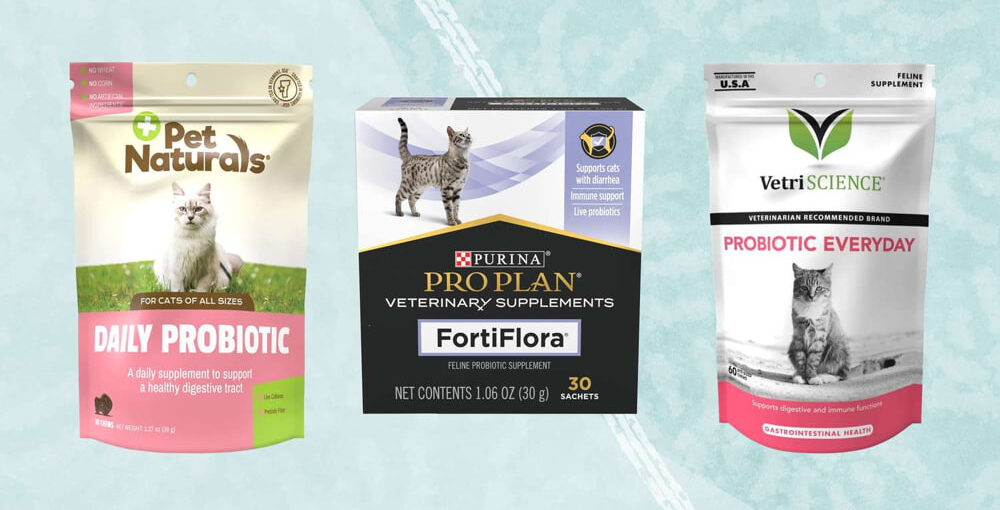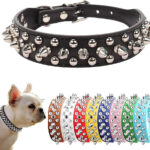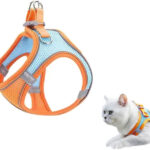As cat parents, ensuring your feline friend stays healthy and happy is a top priority. Among the many ways to support your cat’s well-being, probiotics and multivitamins stand out as valuable tools. These supplements can improve digestion, enhance immunity, and address nutritional gaps, leading to a more vibrant and active life for your pet. In this comprehensive guide, we’ll explore how probiotics and multivitamins can boost your cat’s health, address common concerns, and provide practical solutions for integrating them into your pet care routine.
Why Are Probiotics and Multivitamins Important for Cats?
Cats, like humans, require a balanced intake of nutrients and a healthy gut microbiome to thrive. Let’s break down their benefits:
Probiotics
- Improves Digestive Health: Probiotics introduce beneficial bacteria to your cat’s gut, aiding digestion and nutrient absorption.
- Strengthens Immunity: A healthy gut microbiome plays a significant role in bolstering your cat’s immune system.
- Reduces Digestive Issues: Probiotics can alleviate problems like diarrhea, constipation, and bloating.
- Supports Recovery: After antibiotic treatments, probiotics help restore the natural balance of gut bacteria.
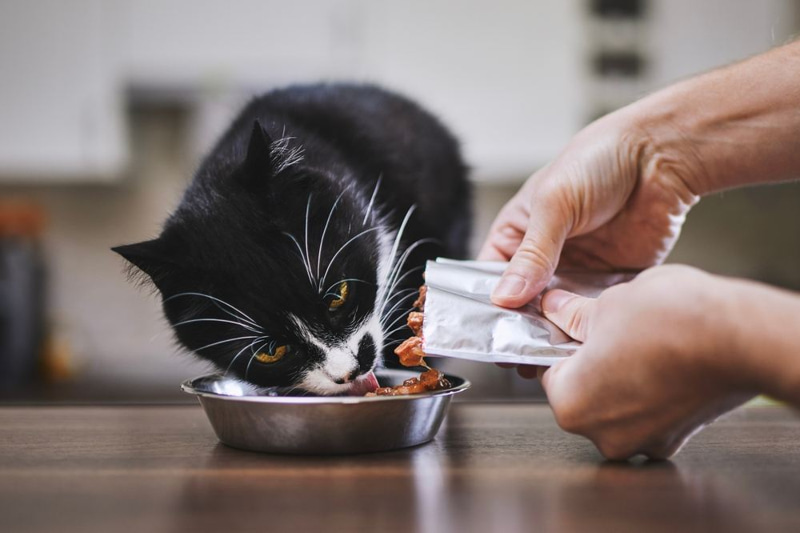
Multivitamins
- Fills Nutritional Gaps: Multivitamins ensure your cat gets essential nutrients missing from their diet.
- Enhances Coat and Skin Health: Vitamins like A and E promote a shiny coat and healthy skin.
- Boosts Energy: Helps older or less active cats regain vitality.
- Supports Bone and Vision Health: Calcium, vitamin D, and taurine are crucial for maintaining strong bones and sharp eyesight.
How to Choose the Best Probiotics and Multivitamins for Cats
Choosing the right probiotics and multivitamins for your cat is essential to support their overall health and well-being. This guide will help you understand what to look for in supplements tailored to your feline’s unique needs, ensuring they stay healthy and happy.
Probiotics
- Look for Pet-Specific Strains: Choose products with strains such as Lactobacillus acidophilus or Bifidobacterium animalis, known for their benefits to cats.
- Check CFU Count: Aim for a product with 1–5 billion CFUs per serving for optimal gut health.
- Delivery Format: Probiotics come in powders, chewables, or liquids. Choose a form that is easiest to administer to your cat.
Multivitamins
- Tailored to Cats: Ensure the product is formulated specifically for felines to avoid harmful ingredients like xylitol.
- Life Stage-Specific: Kittens, adults, and seniors have different nutritional needs. Select a multivitamin suitable for your cat’s age.
- Key Ingredients: Look for essential vitamins like A, D, E, B-complex, and taurine.
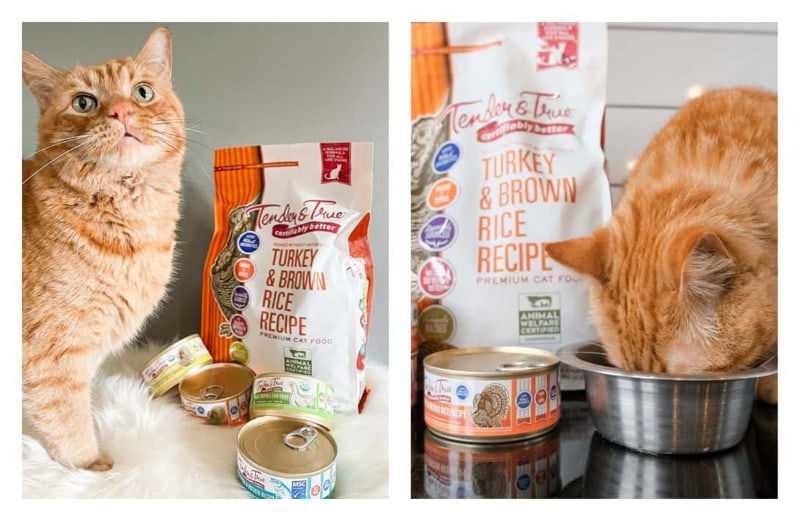
How to Administer Probiotics and Multivitamins to Cats
Many cat parents struggle with getting their furry friends to take supplements. Here are some tips:
- Mix with Food: Most probiotics and multivitamins can be mixed with wet food for easy consumption.
- Use Treats: Chewable supplements often come in cat-friendly flavors like chicken or salmon.
- Liquid Supplements: These can be added to your cat’s water or food.
- Start Slow: Introduce supplements gradually to help your cat adjust to the new taste and prevent digestive upset.
Common Health Issues Solved by Probiotics and Multivitamins
Probiotics and multivitamins can address a variety of common health issues in cats, from digestive discomfort to nutrient deficiencies. By supporting gut health and providing essential vitamins, these supplements play a vital role in improving your feline’s overall well-being.
Digestive Problems
Cats suffering from diarrhea, constipation, or vomiting can benefit from probiotics. By restoring balance in the gut, probiotics reduce inflammation and promote smooth digestion.
Solution: Administer a probiotic supplement daily for 1–2 weeks or as recommended by your vet.
Poor Coat and Skin Health
Dry, flaky skin or a dull coat may indicate a deficiency in essential fatty acids or vitamins.
Solution: Use a multivitamin containing omega-3 fatty acids, biotin, and vitamin E to restore coat shine and skin health.
Low Energy Levels
Senior cats or those recovering from illness may exhibit lethargy due to nutrient deficiencies.
Solution: Supplement their diet with a multivitamin rich in B-complex vitamins and iron to boost energy levels.
Weak Immunity
If your cat frequently falls ill, probiotics can strengthen their immune system by supporting gut health.
Solution: Include a daily probiotic supplement during times of stress or after antibiotic treatments.
FAQs About Probiotics and Multivitamins for Cats
Probiotics and multivitamins are powerful supplements that can support your cat’s digestive health, immunity, and overall well-being. In this guide, we’ll address the most frequently asked questions to help you make informed decisions for your feline friend’s health.
Can I Give Both Probiotics and Multivitamins to My Cat?
Yes, probiotics and multivitamins serve different purposes and can be given together. Always follow dosage guidelines and consult your vet if unsure.
Are There Any Side Effects?
- Probiotics: Mild bloating or gas may occur when first introduced but usually subsides quickly.
- Multivitamins: Overdosing can lead to nausea or diarrhea. Always adhere to recommended dosages.
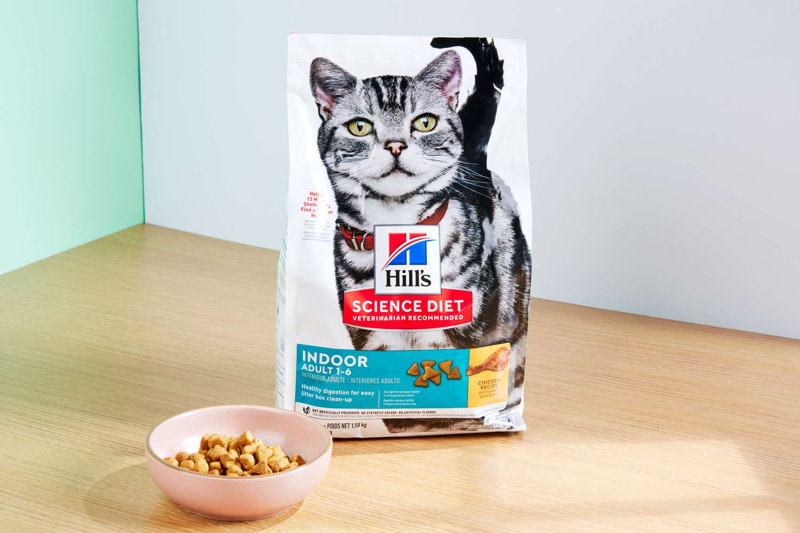
When Should I Start Giving Supplements?
Probiotics and multivitamins are beneficial for:
- Cats with specific health issues.
- Senior cats needing extra nutritional support.
- Kittens with developing immune systems.
Tips for Maximizing the Benefits of Probiotics and Multivitamins
To fully maximize the benefits of Probiotics and Multivitamins, it’s essential to use them correctly and choose the products that best meet your cat’s health needs. The following tips will help you optimize the effectiveness of these supplements.
- Follow Consistent Schedules: Give supplements at the same time daily for better results.
- Store Correctly: Keep probiotics in a cool, dry place or refrigerate if specified.
- Monitor Your Cat’s Progress: Note any changes in behavior, energy, or health after introducing supplements.
- Consult Your Vet: Regular check-ups will help tailor a supplement plan to your cat’s specific needs.
When to Consult a Veterinarian
While probiotics and multivitamins can improve your cat’s health, they’re not a cure-all. Consult your vet if:
- Your cat’s symptoms persist despite supplementation.
- You’re unsure about the appropriate product or dosage.
- Your cat has pre-existing medical conditions or is on medication.
Probiotics and multivitamins are powerful tools to enhance your cat’s health and address common issues like digestive discomfort, nutritional deficiencies, and low energy. By choosing high-quality supplements, administering them correctly, and monitoring your cat’s progress, you can ensure your feline friend leads a happier, healthier life. Always consult your veterinarian to make informed decisions about your cat’s dietary needs and health care.
Integrating probiotics and multivitamins into your cat’s routine could be the key to unlocking their full potential. Start today and see the difference!
Refer to some related product lines:
Lysine + Probiotics & Prebiotics for Cats – Immune Support, Eye Function, Bowel Function & Gut Health
Natural Antibiotics for Cats – Immune Support, UTI Relief, and Multivitamin Supplement – 2 Pack
Vital Planet Flora Cat Probiotic Powder Supplement – 20 Billion Cultures & 10 Strains for Digestive and Immune Support

